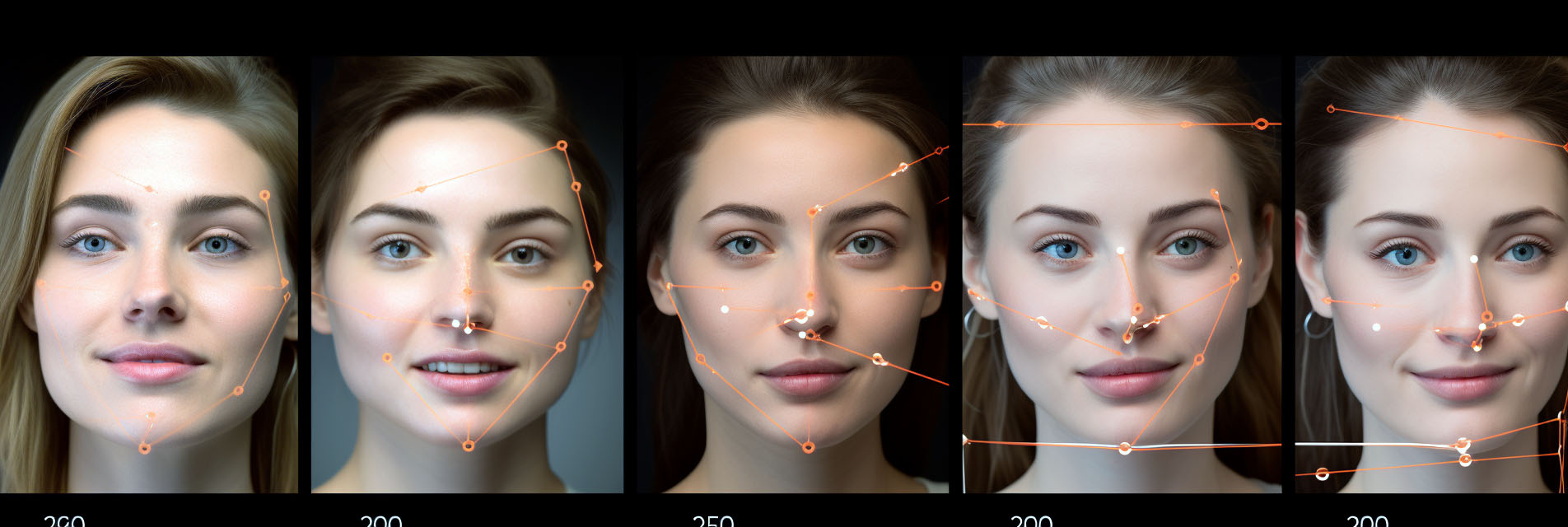Rosalind Picard

Rosalind W. Picard is an American computer scientist, professor and pioneer in the field of affective computing. She is recognized for her seminal work on enabling machines to recognize, interpret and simulate human emotions and affective responses.
Rosalind Picard completed her bachelor's in Electrical Engineering at the University of South Florida in 1984 and obtained her Ph.D from the Massachusetts Institute of Technology in 1991. She then joined the MIT Media Lab faculty where she founded and leads the Affective Computing Research group. Her 1997 book titled "Affective Computing" laid the foundations of the field devoted to giving machines emotional intelligence.
Picard has developed innovative machine learning techniques to classify emotions from facial expressions, voice intonations, gestures and physiological signals. Her group built early emotion recognition systems, novel wearable sensors, and models of emotion derived from psychological theories. This interdisciplinary work in computer science, psychology and cognitive science aims to enable natural and empathetic human-machine interaction.
Rosalind Picard is also a pioneer in applying artificial intelligence to study autism spectrum disorders. She co-founded Affectiva and Empatica which commercialize AI and sensor technologies to understand human emotions. Among her many honors, she was elected as an IEEE fellow in 2009 and received the 2019 IEEE Kiyo Tomiyasu Award for pioneering affect-aware technologies. Guided by strong ethical principles, Picard continues to shape progress at the intersection of machine learning and human emotion. Her seminal research, visionary leadership and translational work have been instrumental in birthing the field of affective computing.